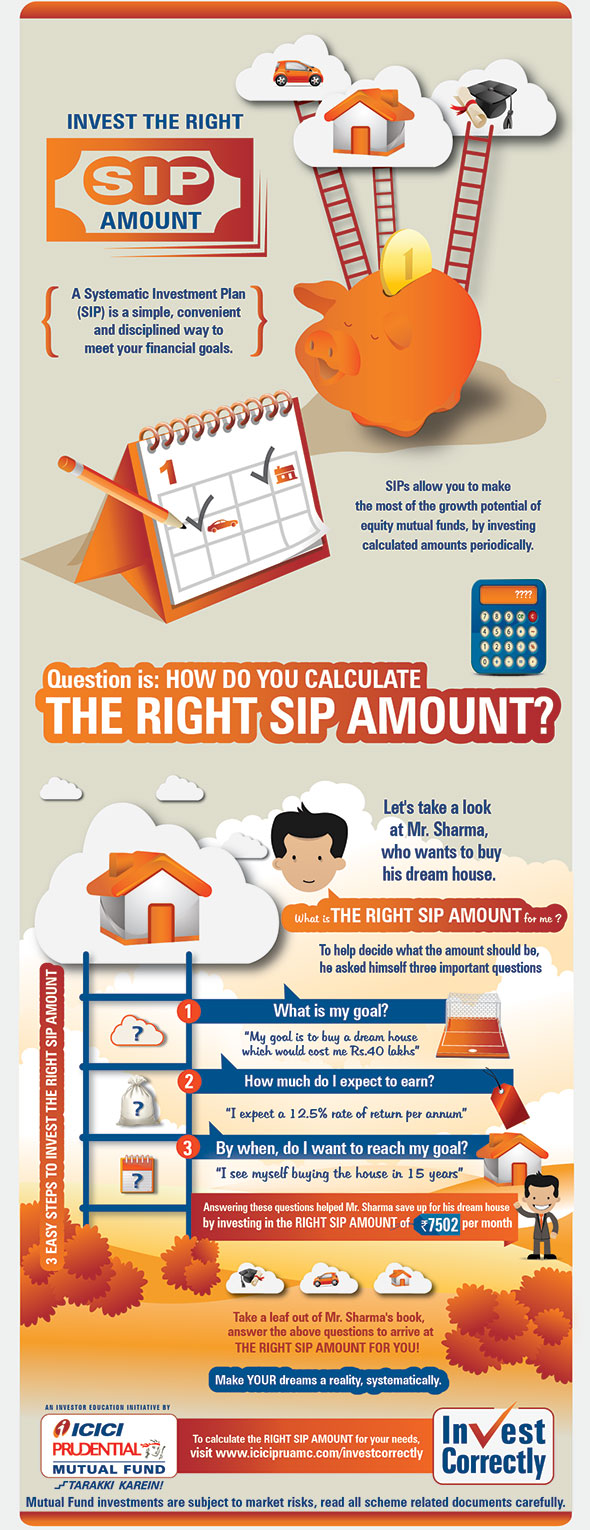Discover The Unforeseen Expenditures And Repercussions Of Neglecting A Performance Bond, And Comprehend Why It's Vital To Steer Clear Of This Costly Blunder
Discover The Unforeseen Expenditures And Repercussions Of Neglecting A Performance Bond, And Comprehend Why It's Vital To Steer Clear Of This Costly Blunder
Blog Article
Write-Up By-
When a guaranty concerns a performance bond, it assures that the principal (the party who acquires the bond) will fulfill their obligations under the bond's terms. If the principal stops working to fulfill these commitments and defaults on the bond, the surety is responsible for covering any type of losses or problems that result.
1. Loss of reputation: Back-pedaling a performance bond can harm the principal's online reputation and reputation, making it tougher to protect future company or funding.
2. Legal and management prices: The guaranty might need to pay legal and management expenses associated with seeking the principal for damages or attempting to fix the situation.
3. Economic losses: The guaranty may need to cover the price of finishing the project or offering the solutions that the principal fell short to provide. p & p bond can lead to significant monetary losses for the guaranty.
4. Raised costs: If the principal has a history of back-pedaling efficiency bonds, they might be called for to pay higher premiums in the future to obtain the essential bonding.
In general, back-pedaling a performance bond can have serious monetary consequences for both the principal and the surety. It is necessary for principals to thoroughly consider their obligations and guarantee they have the ability to fulfill the regards to the bond to stay clear of these unfavorable results.
Back-pedaling a performance bond can be an expensive error for businesses. When you stop working to meet the bond's obligations, the financial consequences can be considerable. From paying the complete bond amount to possible lawful fights and damaged connections, the consequences can reverberate throughout your organization procedures. Understanding the elaborate internet of economic influences that defaulting on an efficiency bond can have is critical for securing your business's economic health and wellness and track record.
Financial Penalties for Defaulting
If you default on an efficiency bond, you'll likely face significant punitive damages. These fines can vary relying on the regards to the bond contract however usually involve paying the bond quantity in full to the obligee. This implies that if you fail to meet your legal obligations, you need to pay the bond total up to the project owner or the entity that called for the bond.
Additionally, you may likewise be accountable for any type of extra costs sustained by the obligee because of your default, such as discovering a replacement specialist or covering task delays.
Back- pop over to this website can also lead to legal charges and court prices if the obligee makes a decision to take legal action versus you to recuperate the bond amount. These costs can swiftly build up, more intensifying the financial effect of your default. It's vital to very carefully examine and understand the terms of the performance bond to avoid these serious punitive damages.
Effect On Organization Cash Flow
Back-pedaling an efficiency bond can dramatically impact your service capital, influencing economic security and operational capabilities. When you default on a performance bond, you run the risk of shedding the bond quantity, which can be a significant sum. cost of getting bonded influences your cash flow, as you'll need to discover alternative resources of moneying to cover the bond quantity. Furthermore, defaulting can bring about raised examination from sureties, making it harder and much more costly to secure bonds in the future. This can additionally strain your cash flow as you may need to allocate extra resources to fulfill bonding requirements.
The influence on your cash flow doesn't quit there. Back-pedaling a performance bond can likewise result in job hold-ups or cancellations, causing a loss of profits. Additionally, the negative track record that comes with defaulting can discourage possible clients, additionally minimizing your cash flow. In general, back-pedaling an efficiency bond can have destructive results on your organization's monetary wellness and ability to operate smoothly.
Lawful Ramifications and Claims
Dealing with legal implications and possible lawsuits because of defaulting on a performance bond can considerably affect your business's reputation and financial standing. When you back-pedal an efficiency bond, the surety business might take lawsuit to recoup the bond quantity paid out. This could result in expensive legal costs, court costs, and prospective negotiations or judgments against your business.
In addition, defaulting on a performance bond might lead to damaged relationships with customers, subcontractors, and distributors, affecting your ability to secure future contracts. Legal actions emerging from bond defaults can taint your business's reliability in the industry, making it challenging to bring in new companions or consumers.
In addition, if the default brings about a court judgment against your organization, it might result in possession seizure or liens, additionally stressing your monetary security. As a result, it's important to comprehend the legal effects of back-pedaling a performance bond and take aggressive steps to alleviate the risks included.
Conclusion
As you encounter the repercussions of back-pedaling an efficiency bond, remember this: it's like strolling a tightrope without a safeguard. One incorrect relocation can send you plunging into an economic freefall, with no way to quit the autumn.
The financial penalties, capital impact, and legal ramifications are all waiting to catch you if you mistake. So tread meticulously, and always honor your dedications to stay clear of the harsh consequences of default.
